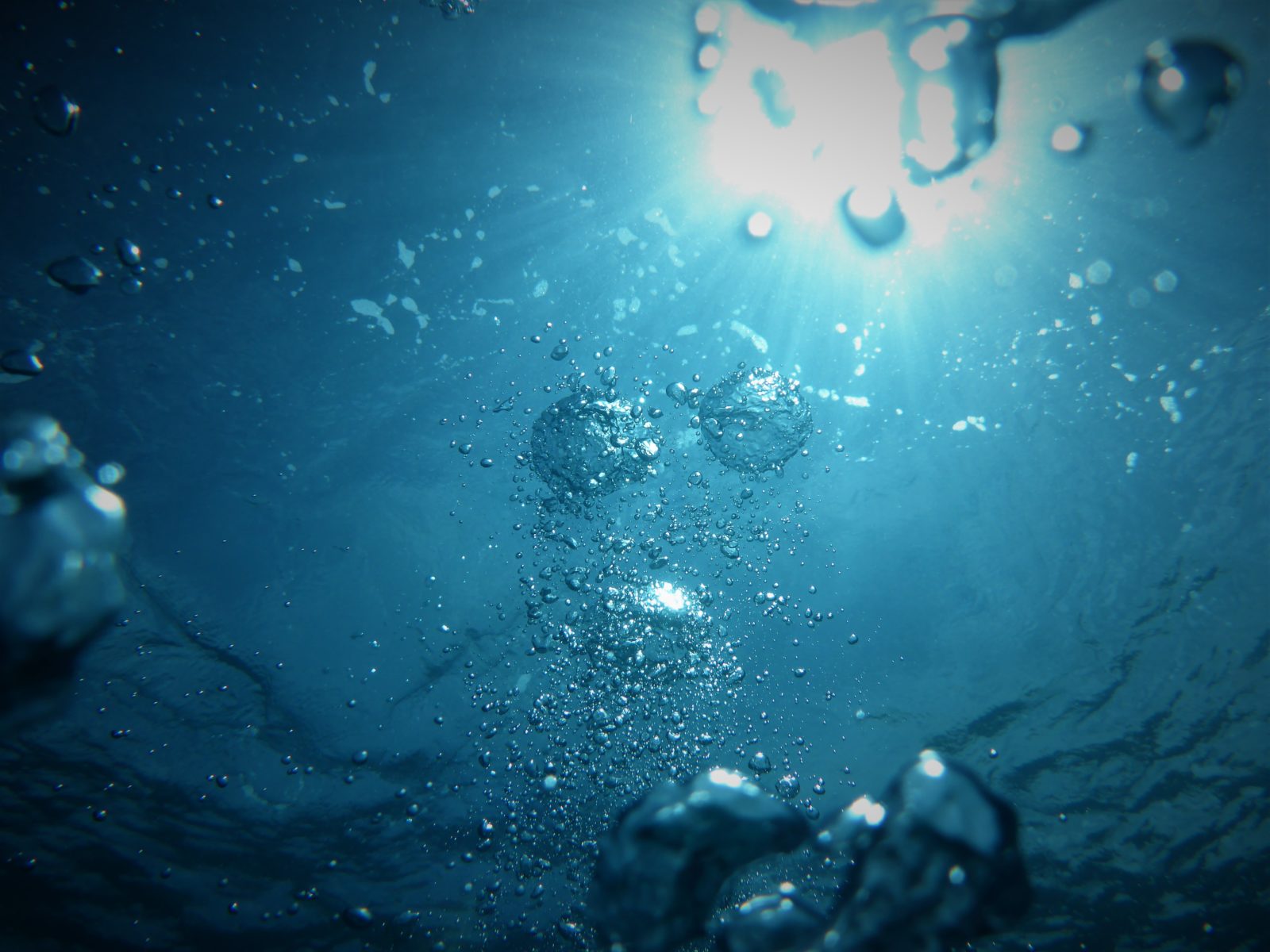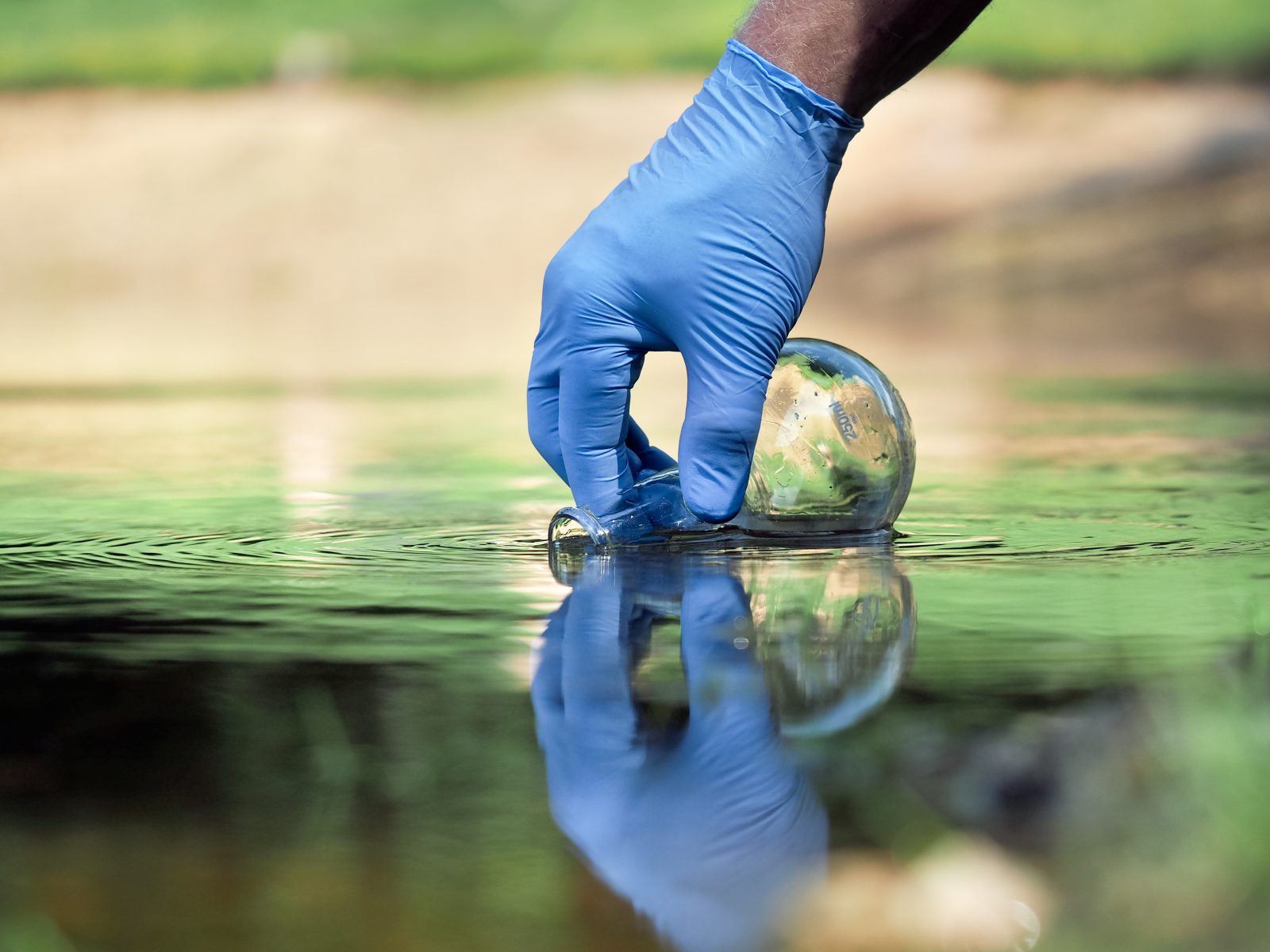
Marcos Eberlin on Evolution’s Water-Gate Problem
On this episode of ID the Future, internationally distinguished scientist Marcos Eberlin, author of the new book Foresight: How the Chemistry of Life Reveals Planning and Purpose, talks about evolution’s “water gate” problem. There’s no conspiracy here, just life’s astonishing answer for admitting water into cells through “gates” while keeping lethal acidifying proteins out. There’s also a chicken-egg problem involving proteins and molecular chaperones. That and more, Eberlin argues, add up to the conclusion that life required foresight.


